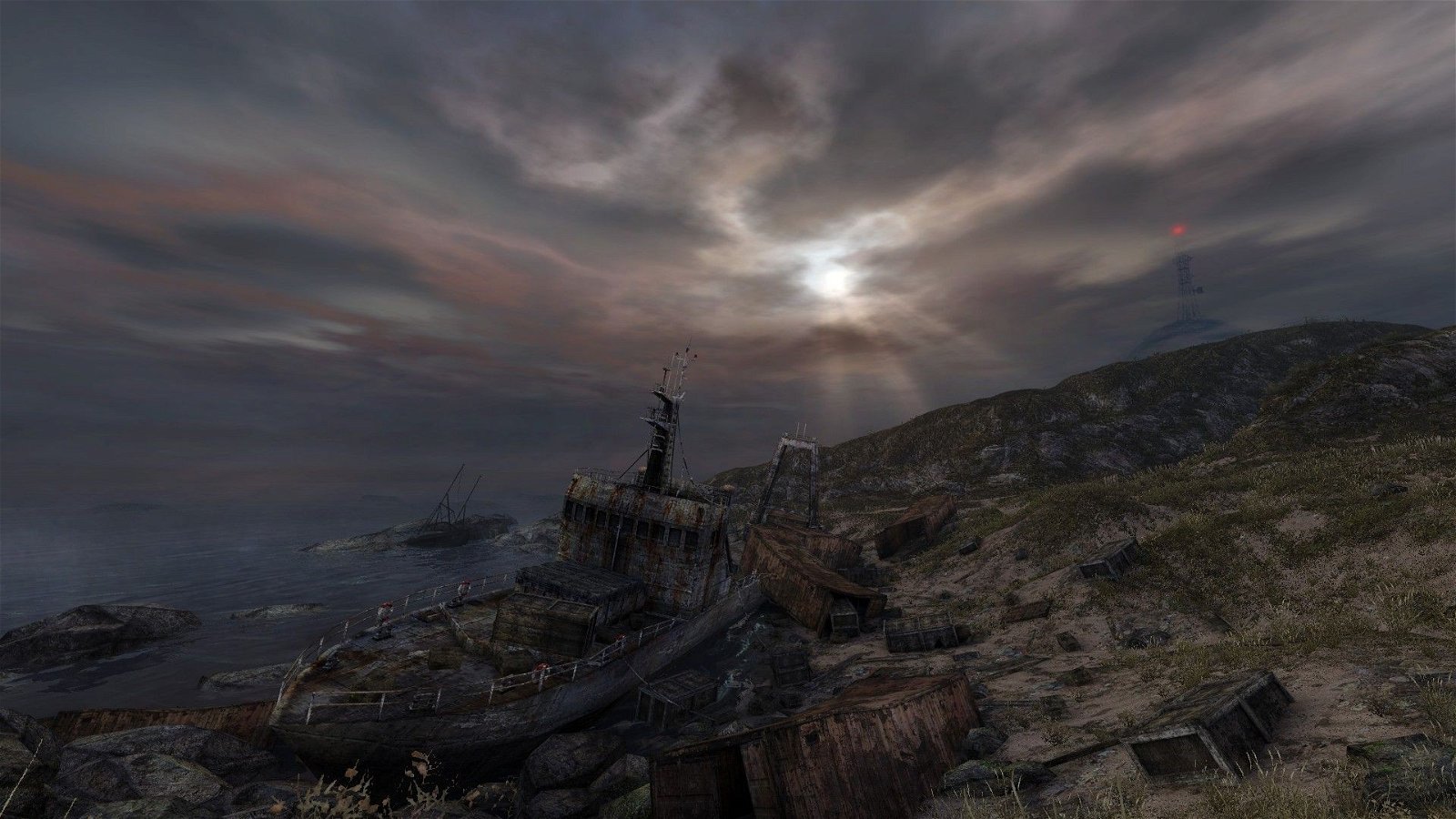Since implementation, the concept of refunds for digital goods on steam and other platforms have been shrouded in controversy. With Xbox joining in with refunds, The Chinese Room have weighed into the conversation.
In a recent Tweet, the developer of Dear Esther and Everybody’s Gone to the Rapture, outlined their views on the issue with a single concise concept. Stating that “It’s REALLY simple. Refunds should operate off a percentage of game completed. Simple, fair, representative.” They went on to say that ” This 2 hour thing is just cock “
It’s REALLY simple. Refunds should operate off a percentage of game completed. Simple, fair, representative. This 2 hour thing is just cock
— The Chinese Room (@ChineseRoom) April 13, 2017
The steam refund policy has been the subject of controversy since it’s launch. Recently it was put to the test with the launch of No Man’s Sky, with people were demanding refunds even after playing two hours of the game since it did not live up to expectations. Notable developer Rami Ismail outlined in a tweet that “Refund policies should be public, transparent, and dependable for both creators and consumers. Allowing for exceptions destroys trust.” with other developers jumping into the dialogue explaining that it does the developers a disservice to play through the game and still expect all your money back.
In one case with the developer of Fire Watch, Campo Santo, outlined an honest argument about the refunds within the steam forums, saying “if you do refund, I am not upset. It’s on me to learn not to care too much. All I ask is that maybe sometime in the future when the game goes on mega dirt cheap sale, you could gift the experience to someone else you think will enjoy it like you did.” In the end, the person looking for a refund opted to keep the game and accept the experience they had, even though short was worth the price of admission.
It is a complex issue and one that has no easy answer. The Chinese Room has a valid point. A percentage of the full experience played should be taken into account when issuing a refund. These gaming experiences take countless hours of work to create, especially for small teams, and to expect them to always make games that need more than two hours to complete is unrealistic. Yet, with games being of many lengths, and many levels of depth it may end up being an insurmountable task to try and account for all possibilities. That all being said, with this sort of issue still present after the launch of the policy back in 2015, it is clear the system is far from perfect. Time will tell if Microsoft or Value will try and address the situation, but until then, there will be more developers coming out against the system, and people that will try exploit the policy when possible.




